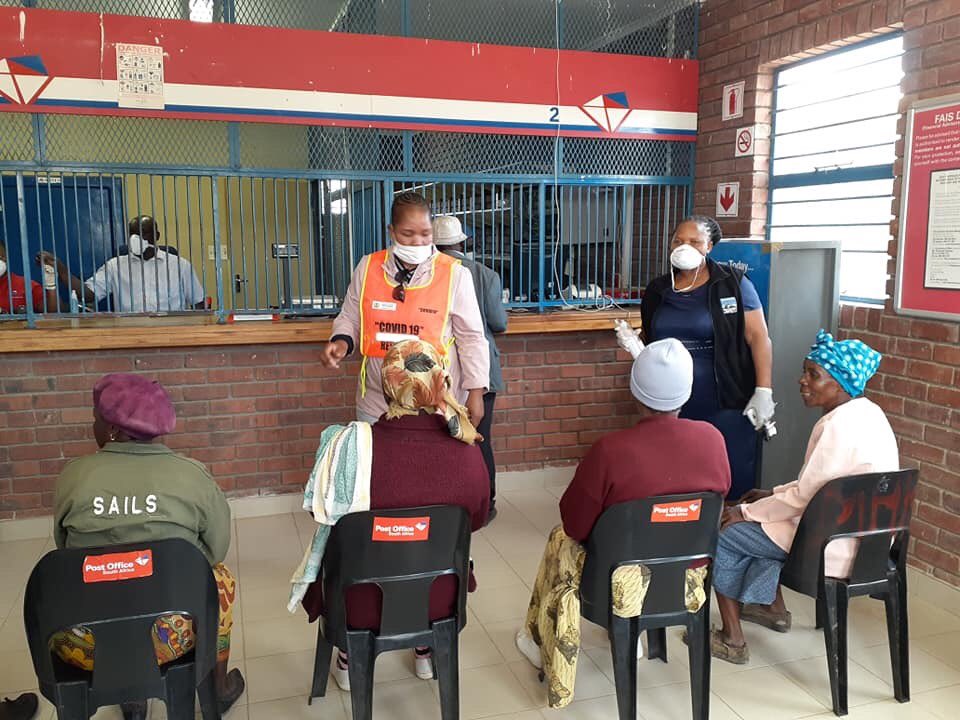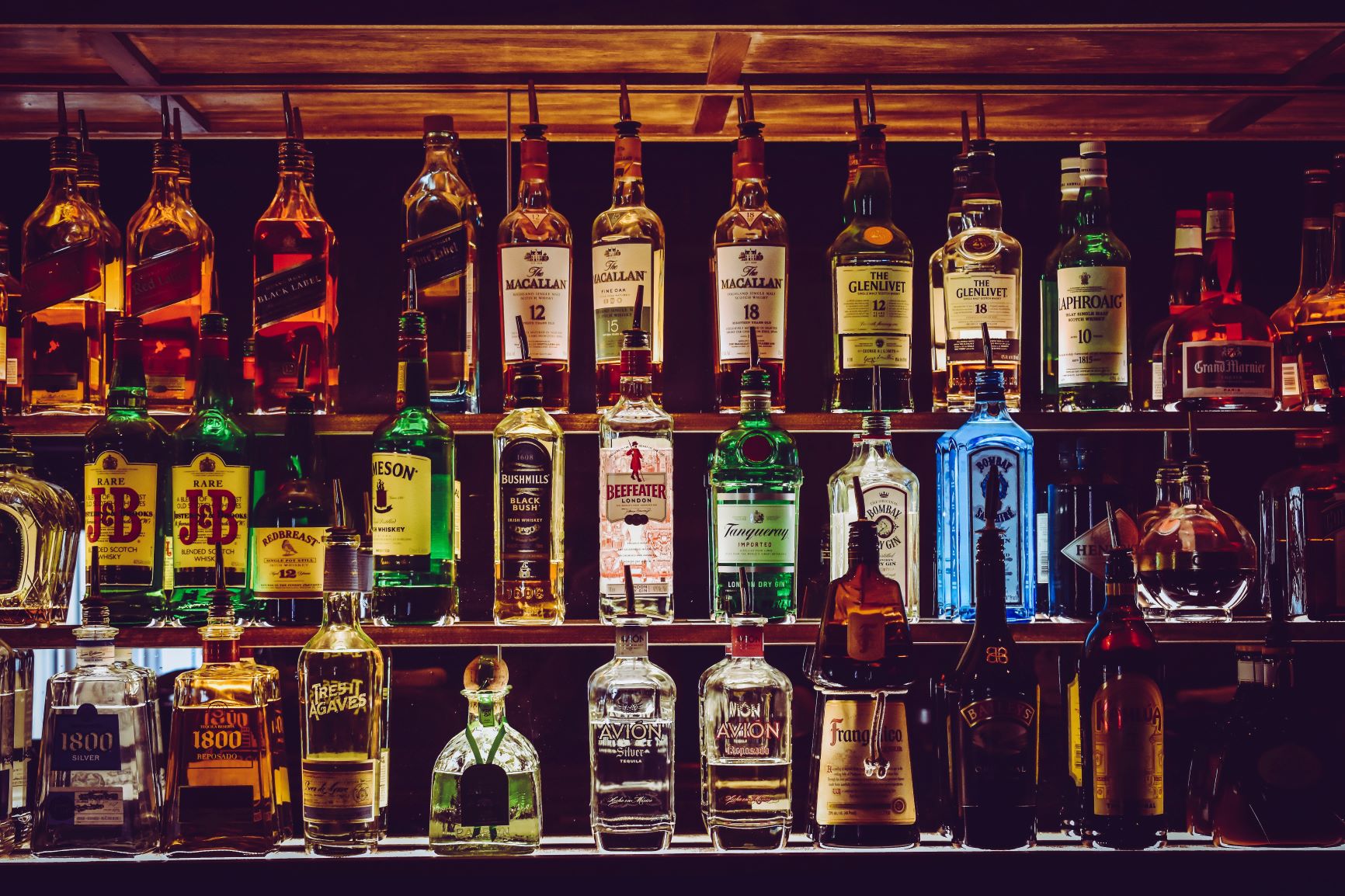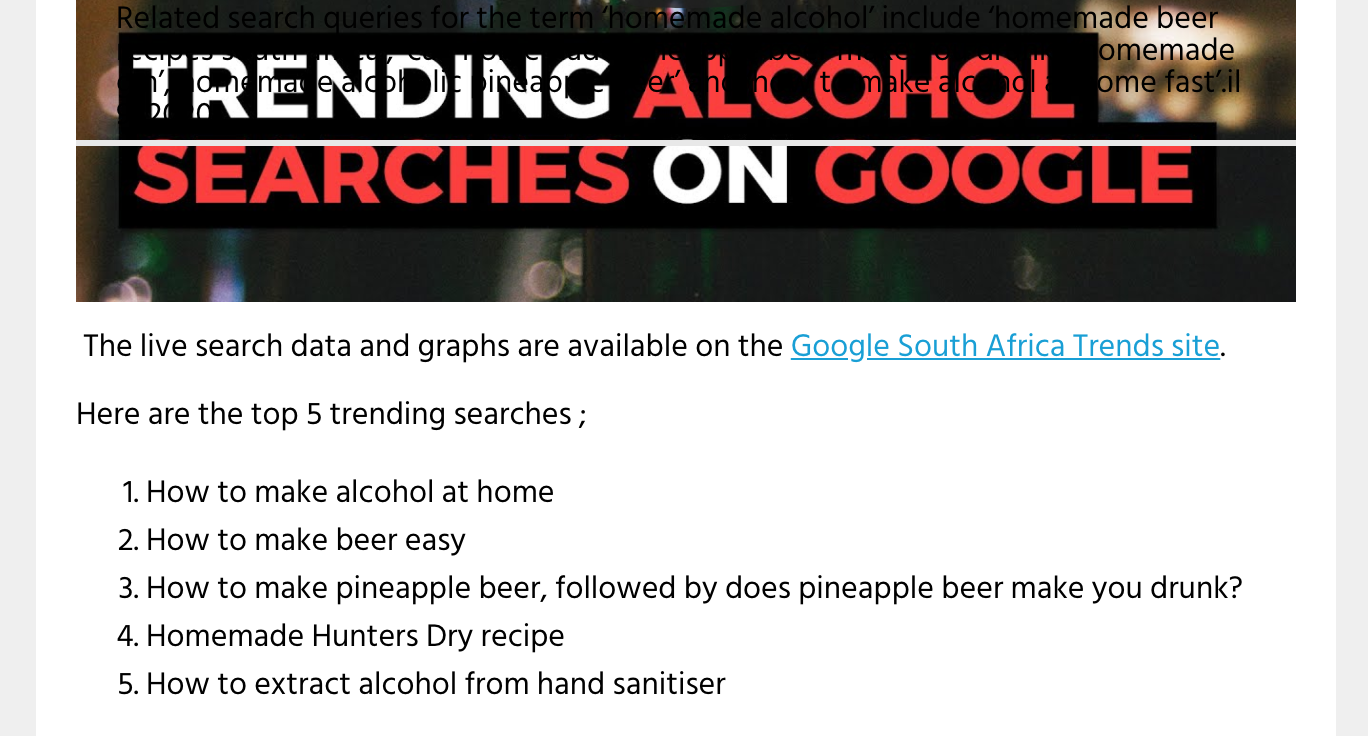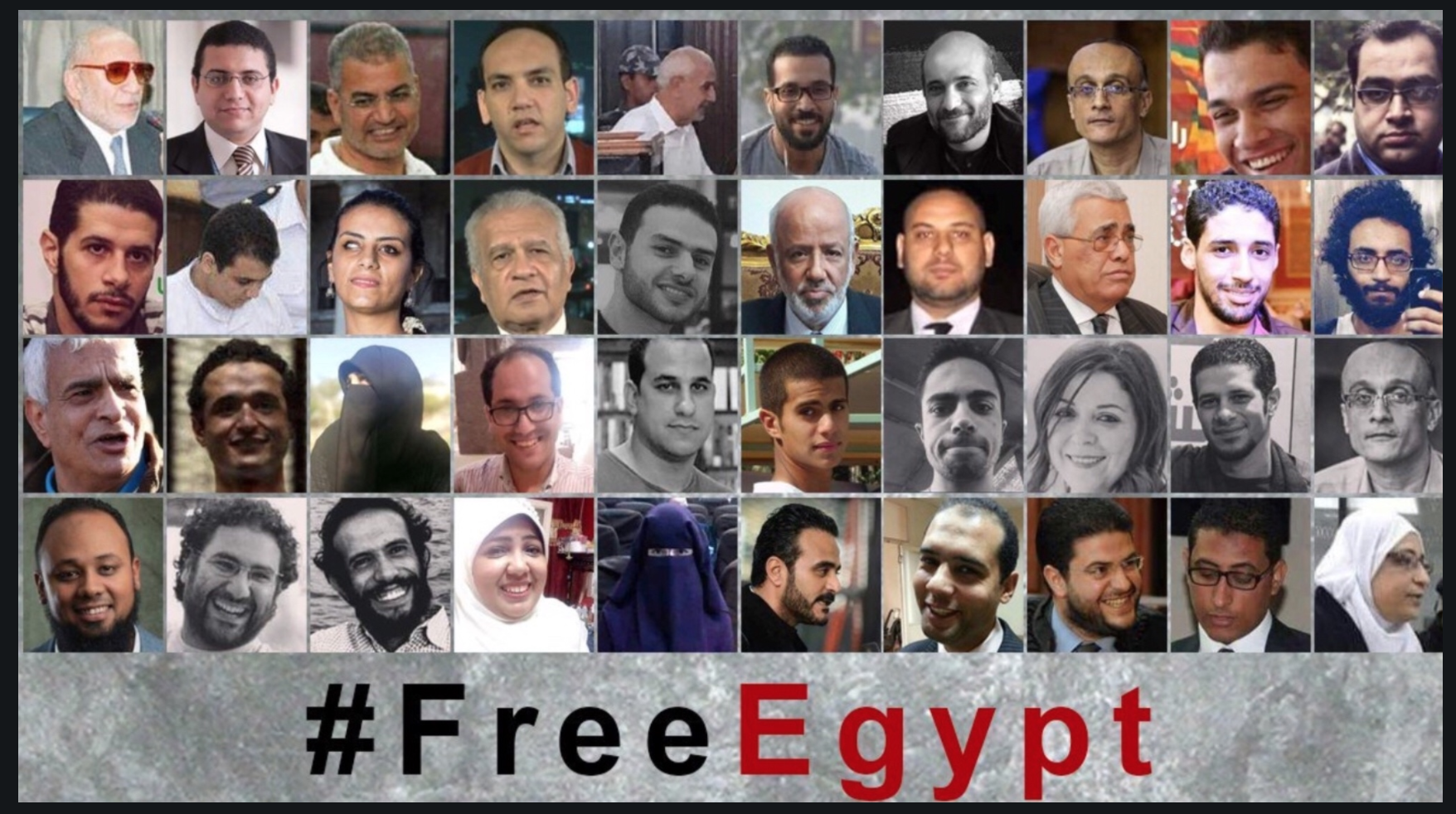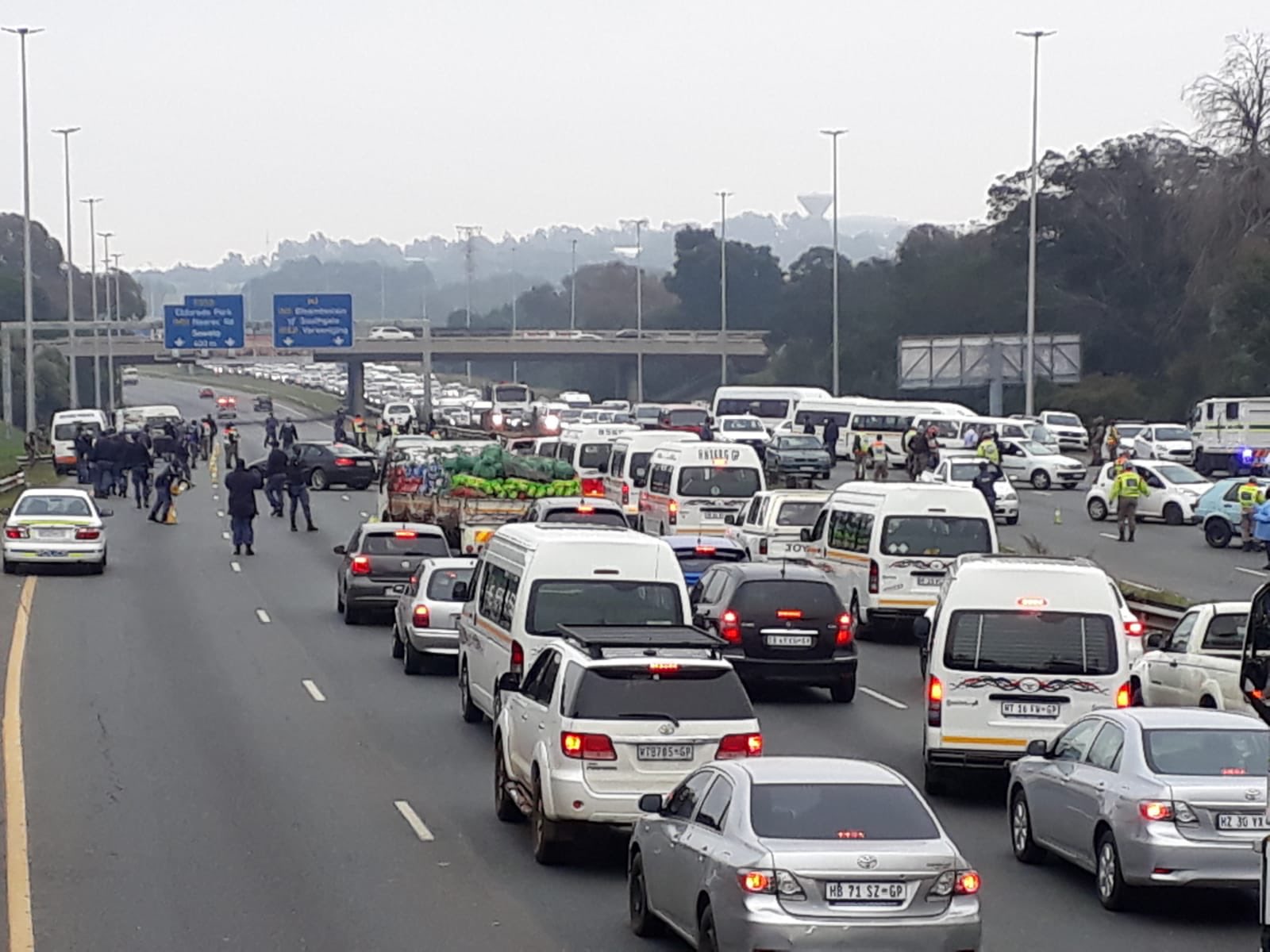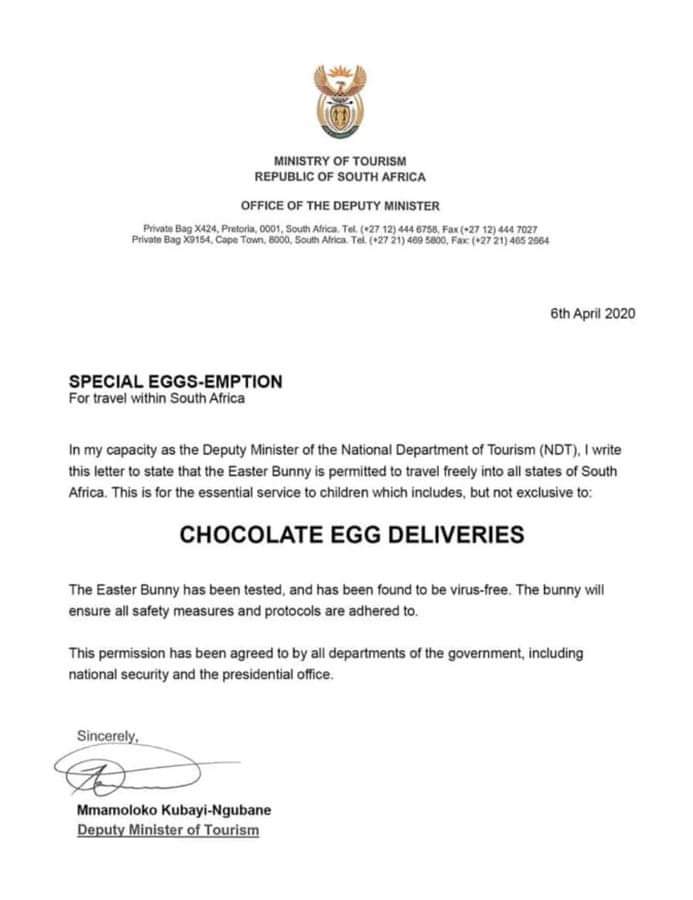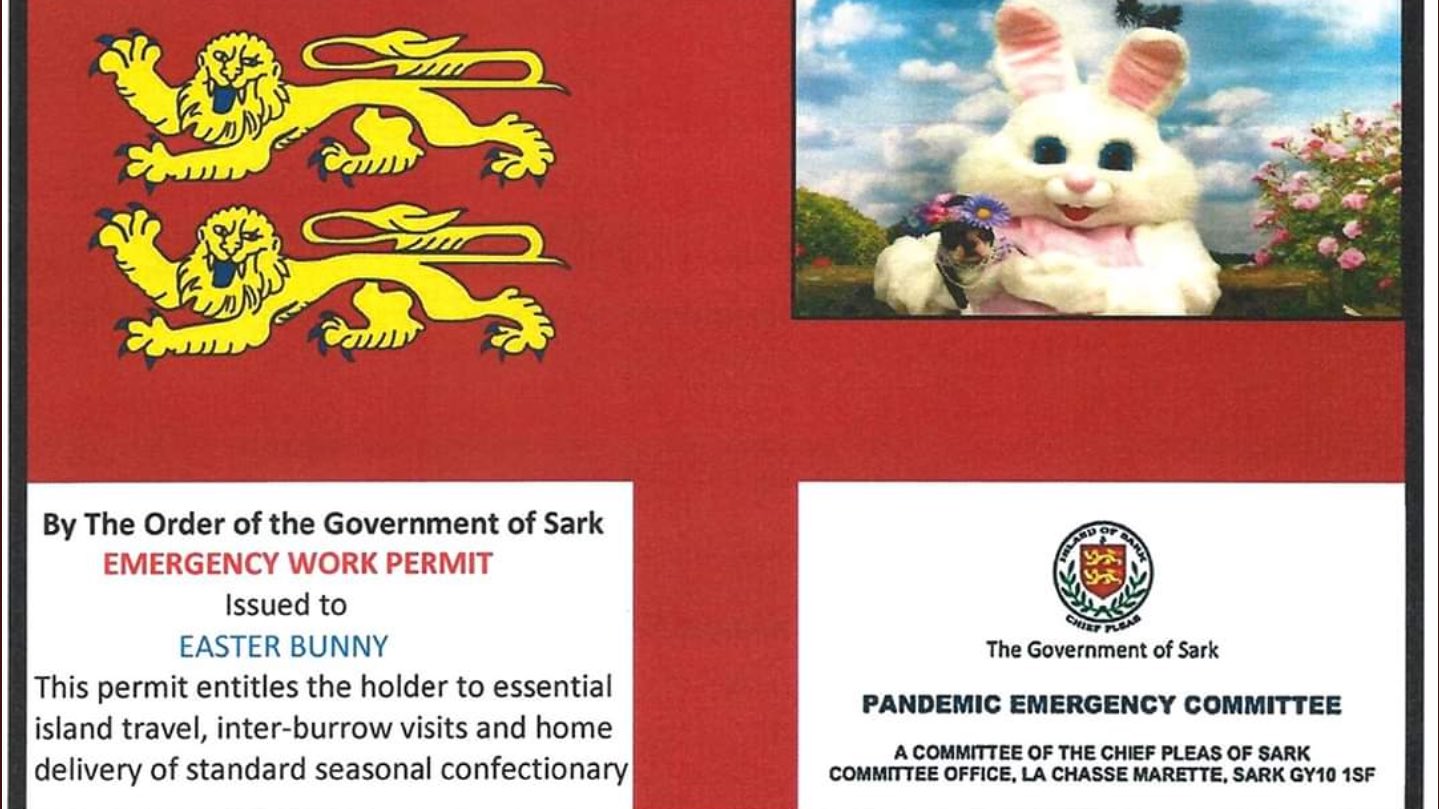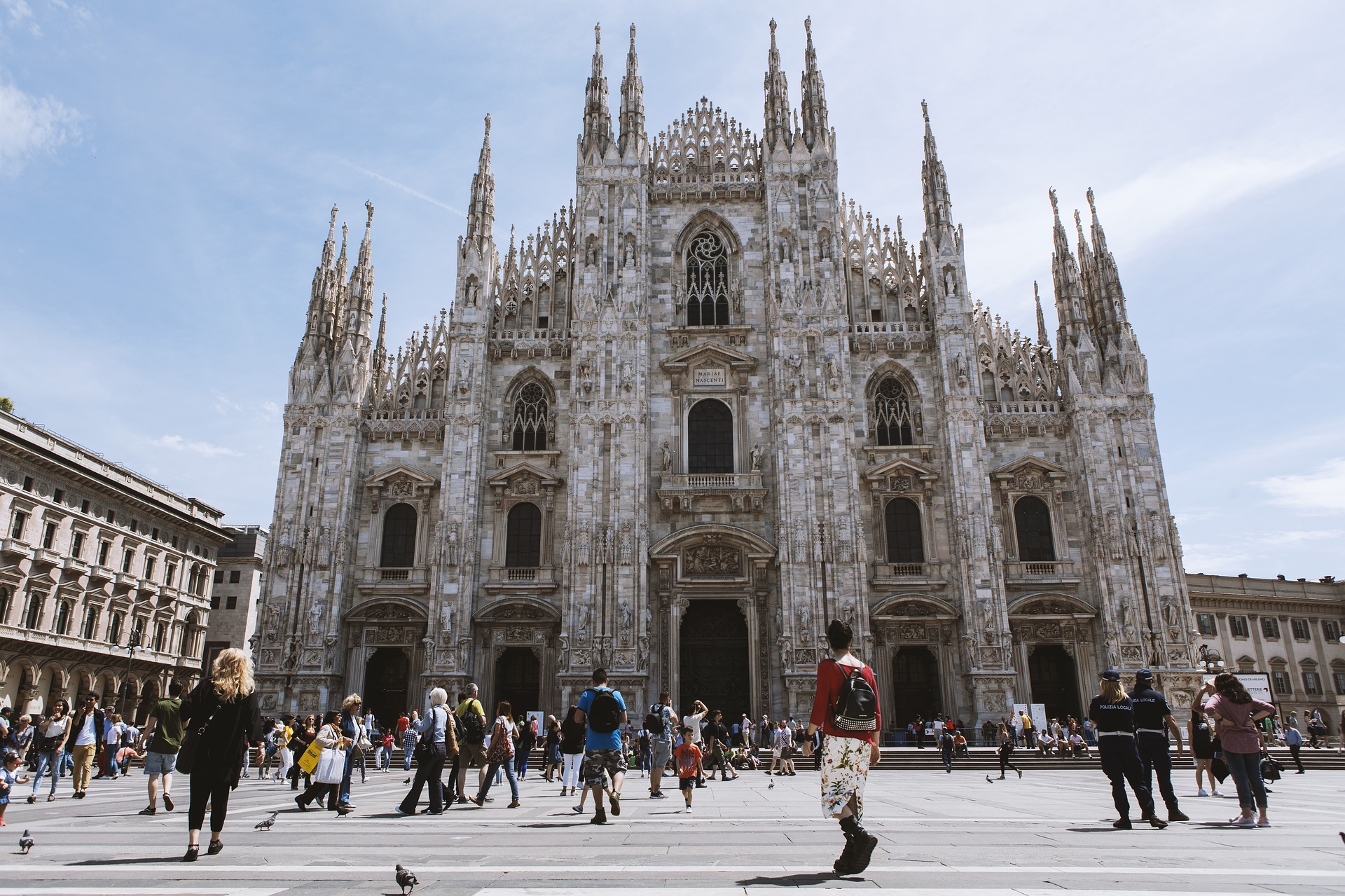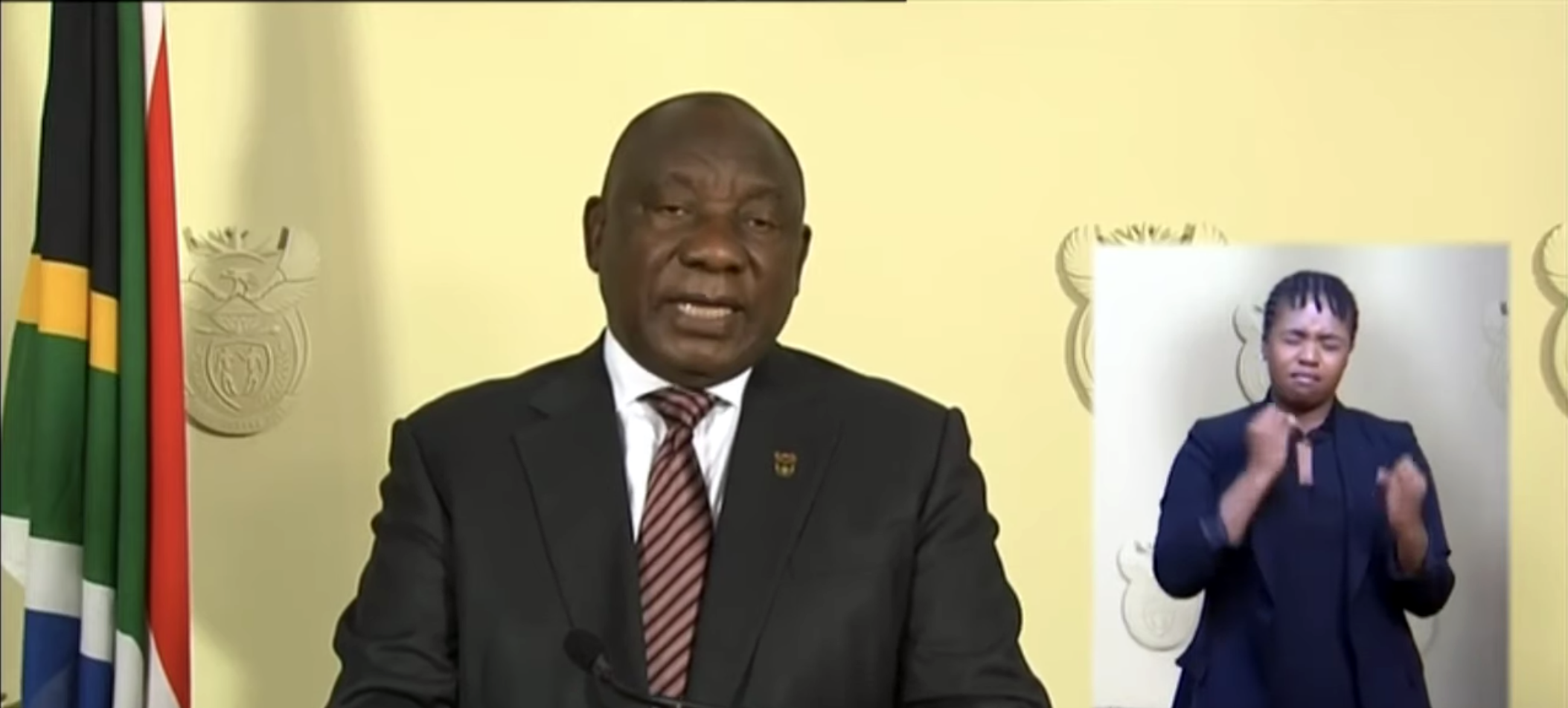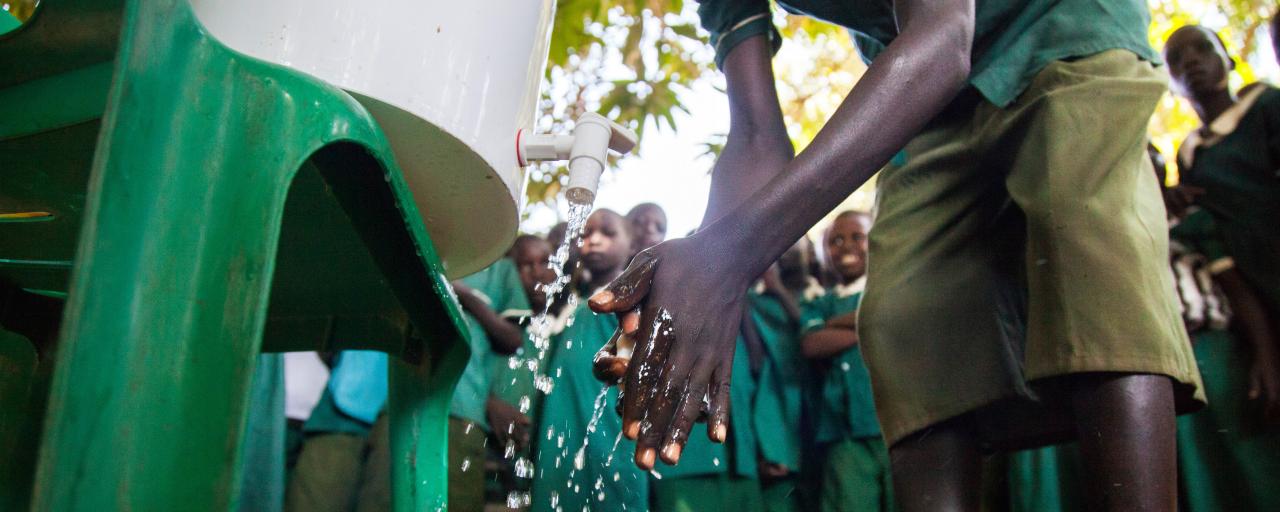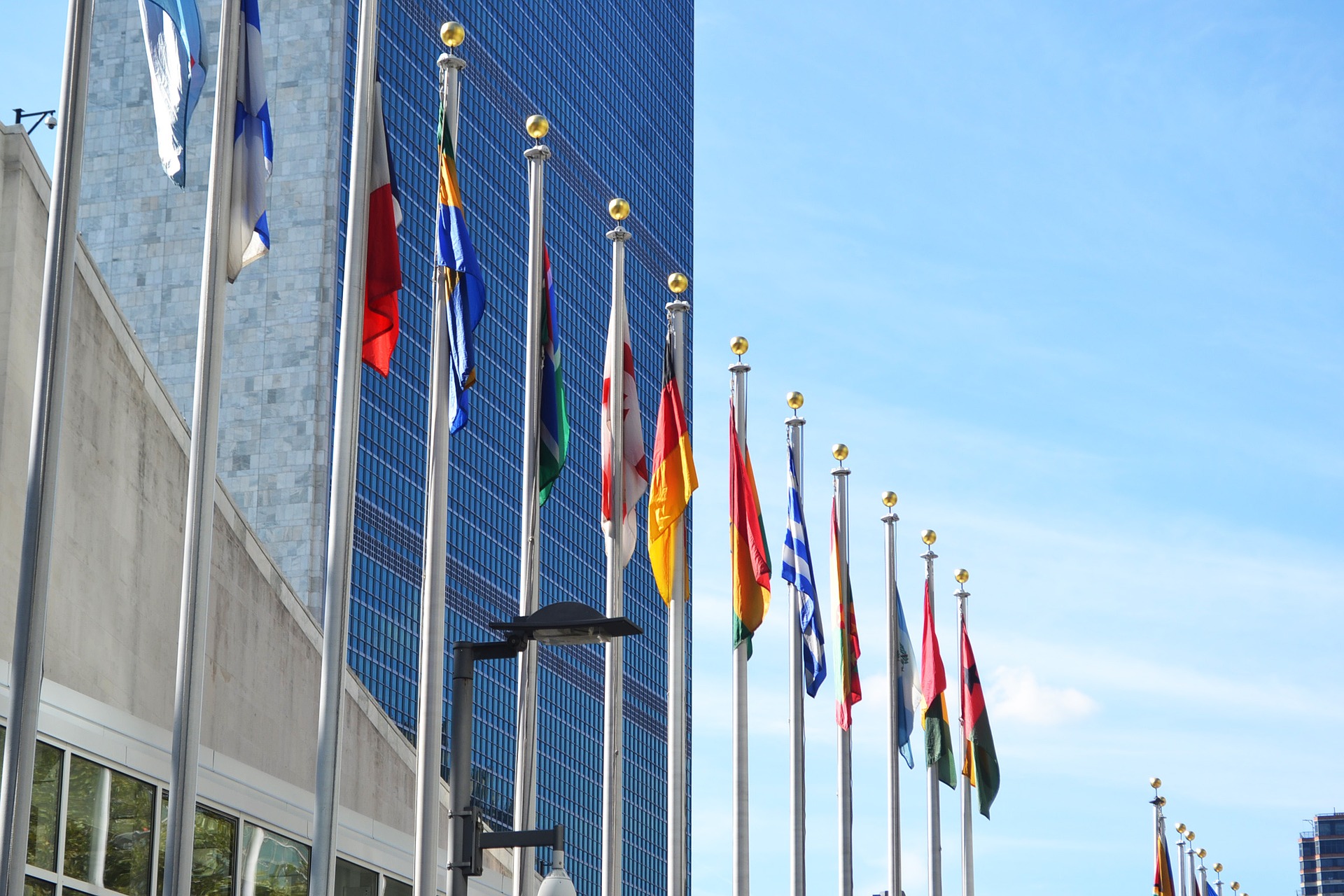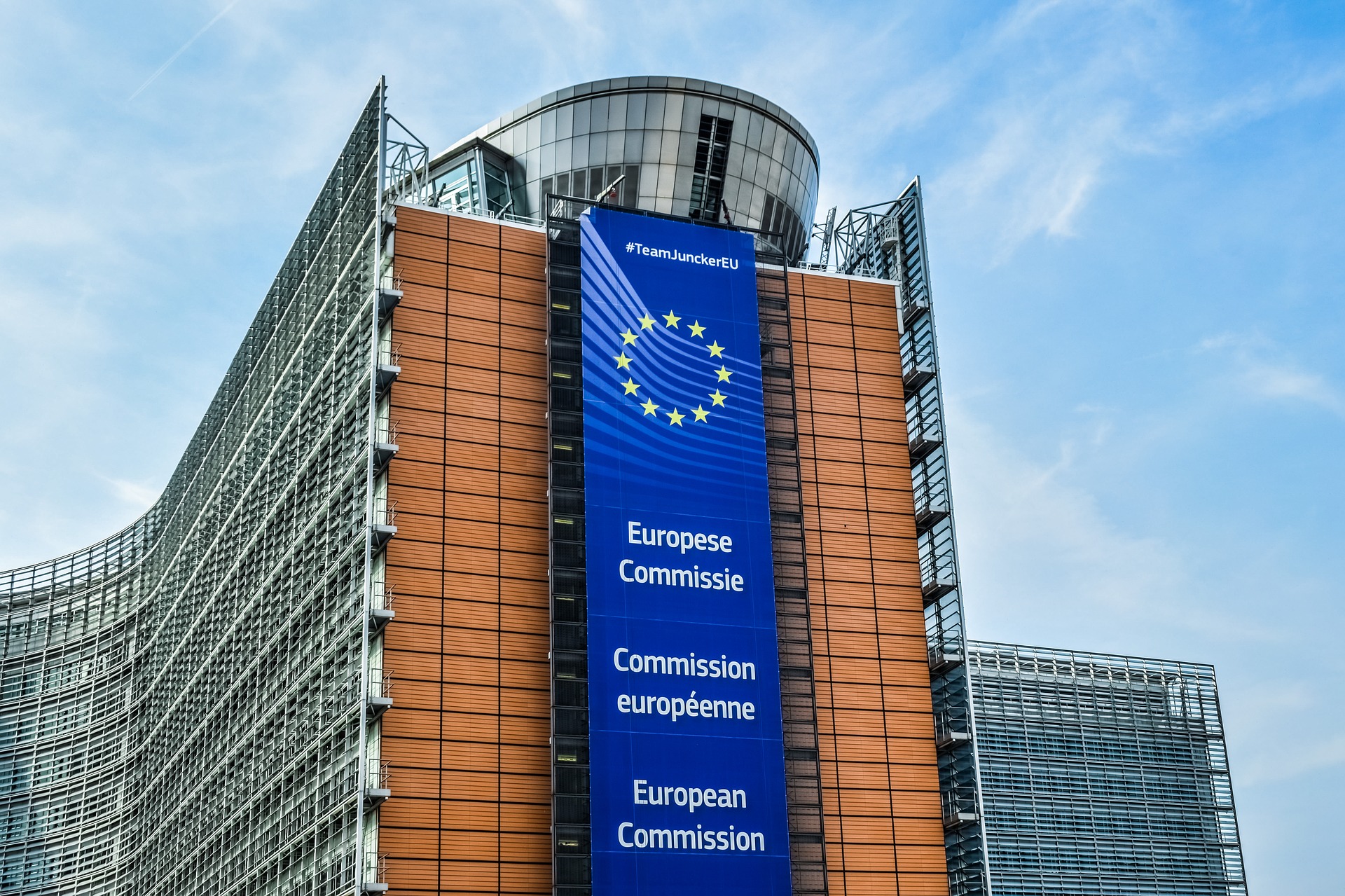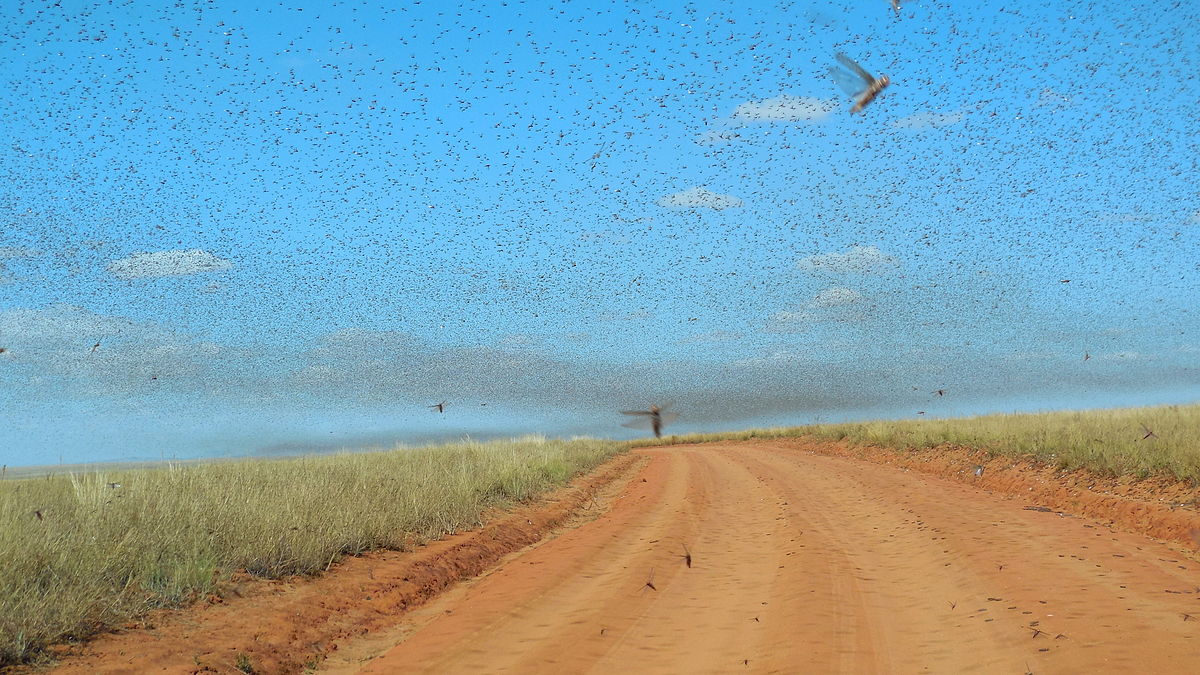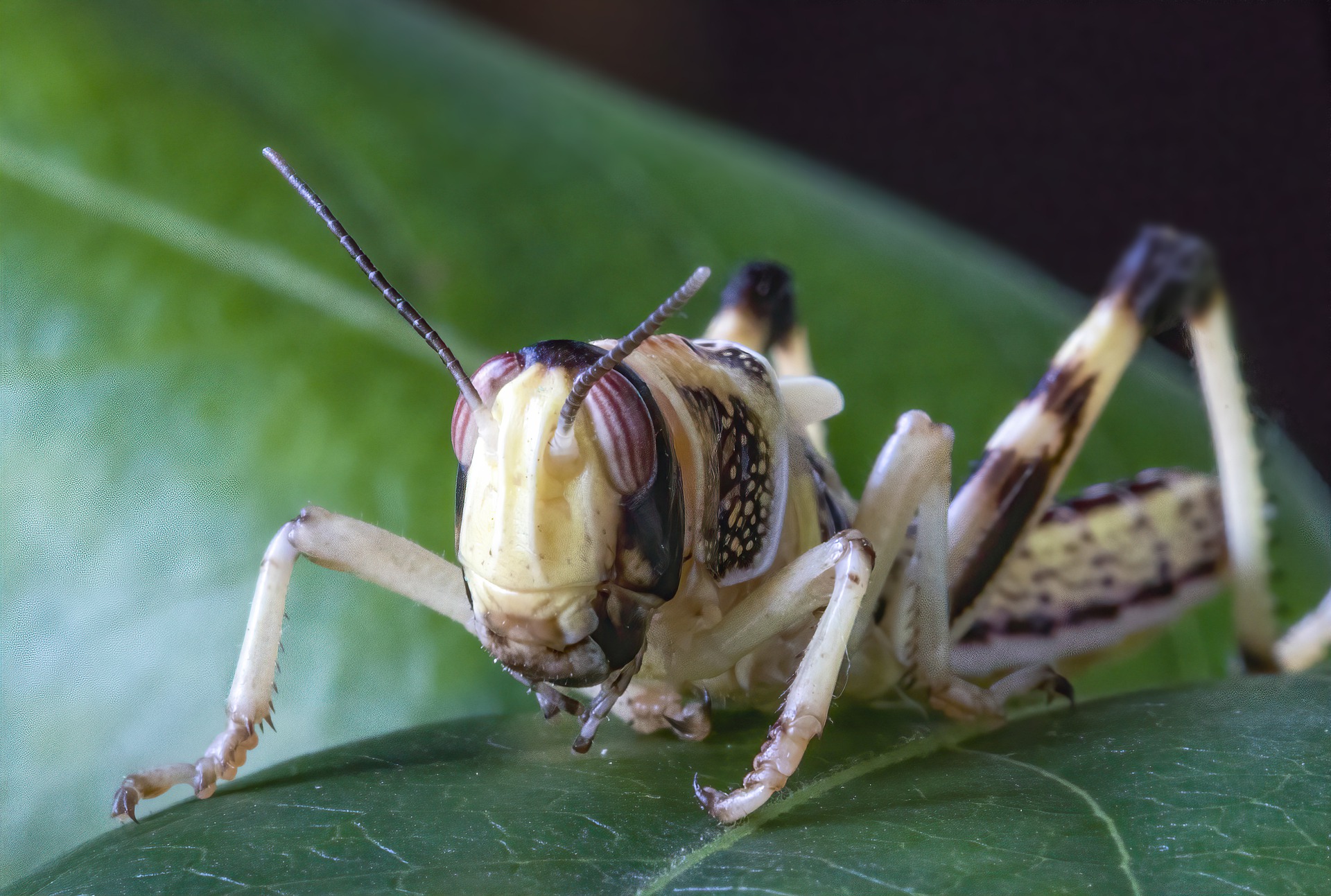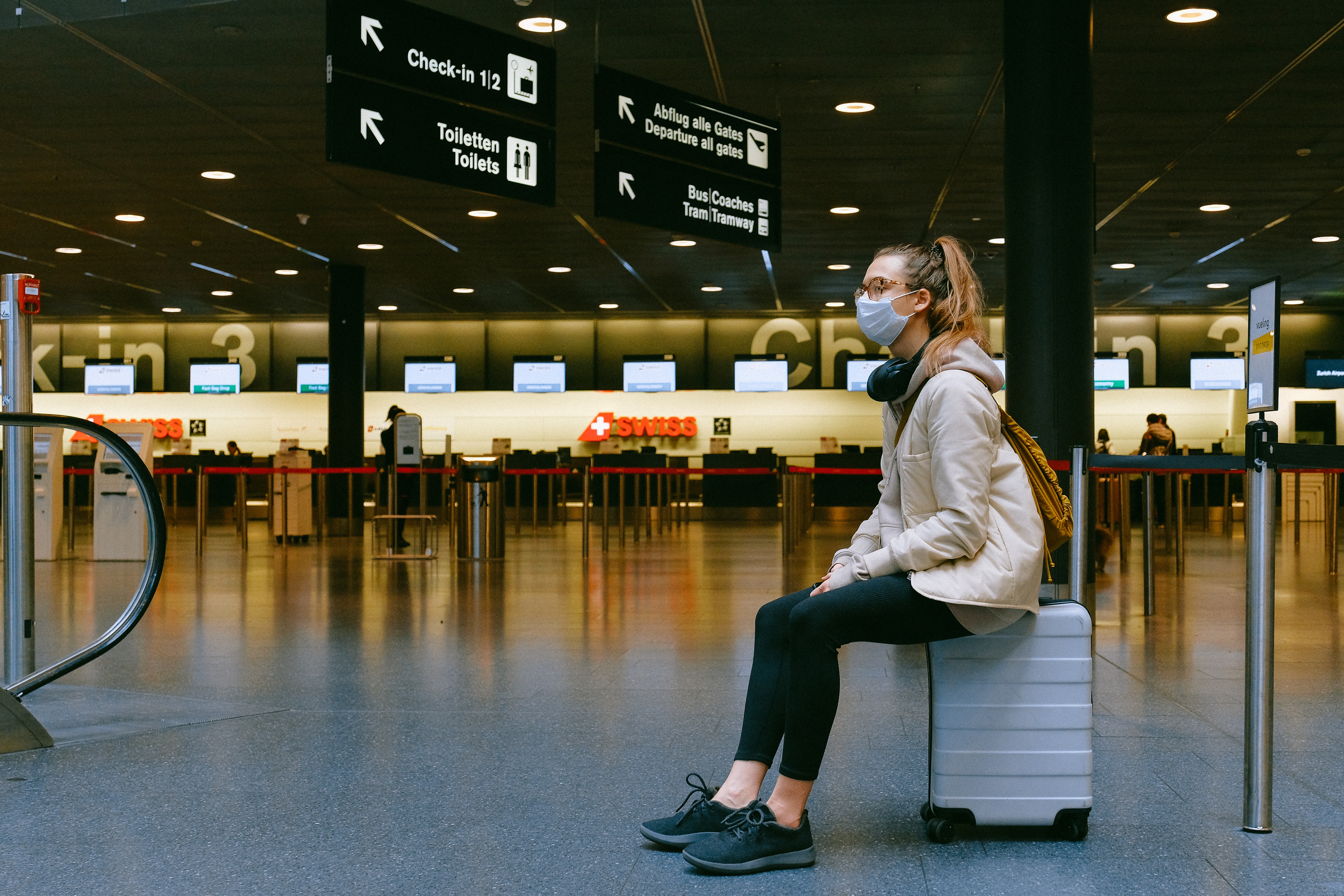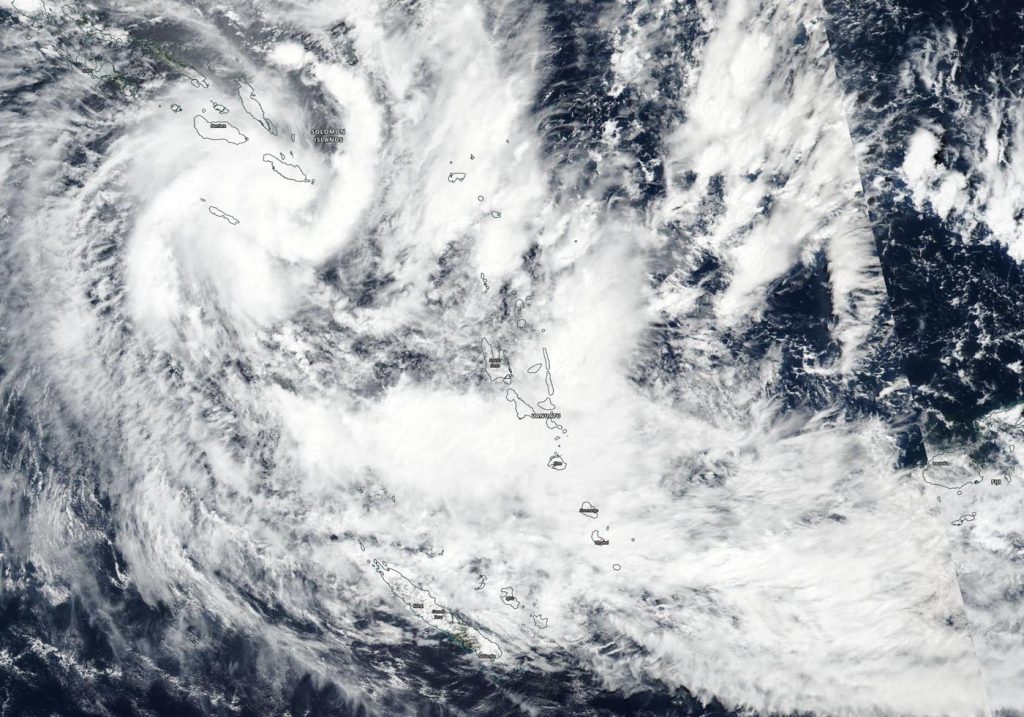By: Laura Peterjohn
The SA government is considering the possibility of temporarily increasing social grants during the lockdown period. SOURCE: Twitter @ANCLimpopo
The South African government has moved to try to reduce the economic impact of coronavirus by lowering the country’s repo rate to it’s lowest level in a quarter century.
At the same time Finance Minister Tito Mboweni announced that the government would be revisiting the national budget for the year, to make more money available for government spending and to boost the economy.
In addition to this, Sunday World reports that Mboweni has indicated social grants may be increased temporarily to assist struggling South Africans. An announcement on this would likely be made tomorrow.
“Government, through National Treasury, is exploring all funding avenues to finance all COVID-19 related programmes and measures aimed at addressing the pandemic,” Mboweni reportedly said in a call to reporters..
The Reserve Bank’s announcement on the repo rate – the rate at which the Reserve bank leads out money to banks dropped it to 4.25%, lowering the national leading rate to 7.75%, reported fin24.
The Monetary Policy Committee of the bank voted unanimously to make the cut in an attempt to increase spending and boost small businesses. The unexpected move caused the Rand to weaken to R18.30/$, reported fin24.
This decision came just after Business For South Africa (B4SA) revealed that preliminary modelling of the economy suggested that over one million more South Africans will face unemployment, in part due to the estimated 8%-10% contraction of the SA economy expected in 2020.
Across the globe countries are facing similar predictions of economic turmoil. The International Monetary Fund has warned that the world faces it worst recession since the Great Depression. The global economy is expected to contract by 3%.
Separately, UK chancellor Rishi Sunak has warned that Britain could see a 35% drop in GDP by June, a direct consequence of the three month lockdown that the country has imposed.
The IMF has predicted that in South Africa the economy will contract by 5%.




